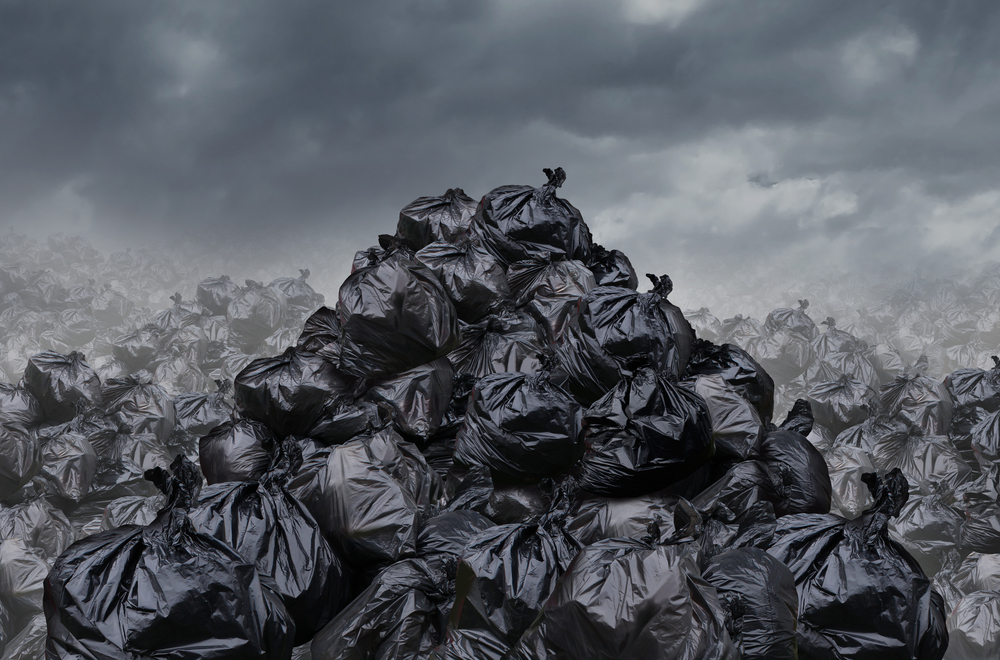
While many in the world are able to use trash cans and local waste management to dispose of our garbage, that’s not the case everywhere. Some countries have come up with a unique solution.
Customers in a poor corner of eastern Indonesia, borrow cash — and pay back trash.
It’s an idea that’s about as far as can be from the technological developments disrupting banking elsewhere, reports Bloomberg News. Not just neighborhoods in Indonesia, but elsewhere across emerging Asia and Africa, locales are embracing “trash banking” as a way of reducing pressure on ever-growing landfill sites and allowing some of their poorest citizens access to savings and credit.
The scale of the problem facing Makassar and other Asian cities is clear. Each day the city of 2.5 million people produces 800 tons of rubbish, most of which ends up at the five-story high tip, which sprawls over the area the size of two soccer pitches. Scavengers, many of them children, work alongside cows foraging for food.
Against this backdrop, trash banking is taking off. Residents bring recyclable trash such as plastic bottles, paper and packaging to the collection points, known as banks, where the rubbish is weighed and given a monetary value. Like a regular bank, customers are able to open accounts, make deposits — of trash, converted to its rupiah value — and periodically withdraw funds.
The city government commits to purchasing the rubbish at set prices displayed at the bank, ensuring price stability for those bringing trash in. It then sells it on to waste merchants who ship it to plastic and paper mills on the main island of Java.
At other trash banks in the country, account holders can exchange their rubbish directly for rice, phone cards or paying their electricity bills. At the Mutiara Trash Bank, several account holders had signed up for a homework program, whereby local students help younger kids with their homework and are paid directly from the garbage bank.
Customers in Makassar, most of whom are women collecting trash part time, typically save tiny amounts: around 2,000 rupiah to 3,000 rupiah (15 cents to 23 cents) a week, although others who more dedicatedly collect rubbish save much more. Many also borrow money, most often to buy rice, toward the end of the week when they’re awaiting their husband’s paycheck.
The city administration sends trucks to collect the waste from the Mutiara Trash Bank several times a week and brings it to a Central Trash Bank, where it is sorted for sale. Mutiara is one of more than 200 trash banks in Makassar, which has emerged as a model for other cities, according to the city’s mayor. Indonesia as a whole last year had 2,800 trash banks operating in 129 cities, with 175,000 account holders, according to the environment ministry.
For trash banking to succeed, government support is vital, said Sanjay K. Gupta, a waste management specialist at Skat Consulting Ltd. in Switzerland, who has studied the projects. While Indonesia has the largest network of trash banks, he said, other similar practices are carried out in African countries including Ghana and South Africa, in India’s cities of Pune and Bengaluru, and in Manila, Bogota and Brazil.
The local authorities in Makassar are supported by a local non-governmental organization that receives funding from PT Unilever Indonesia and is headed by Saharuddin Ridwan, a former television journalist who covered the religious wars in eastern Indonesia in the past decade.